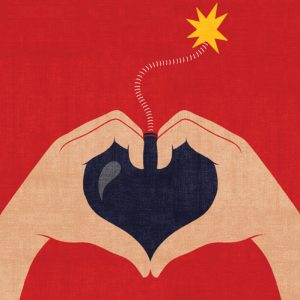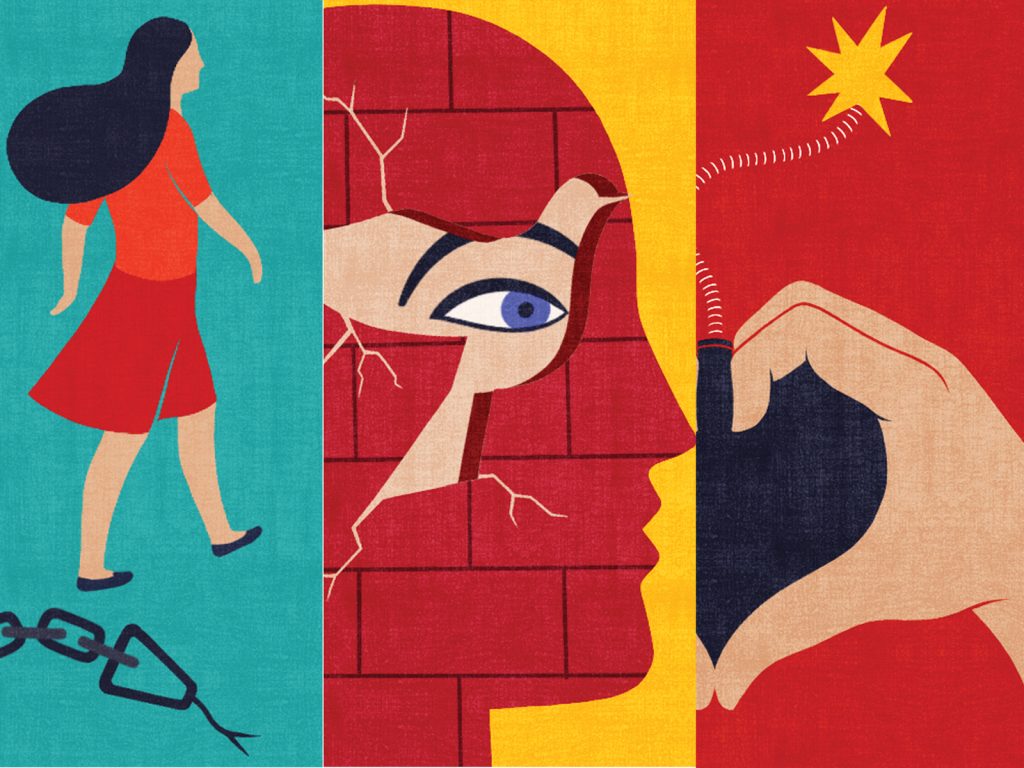Cease the Chase

Fear of missing out . . . haunted by the sense that there’s never enough time, that we’ll die without living fully. Whether we’re chasing after the next sensational experience, another person’s love, or a drink to soften our fears, in those moments we are missing out on presence. We have left the only place—here and now—where we can realize the truth of who we are, connect caringly with others, and listen to the wind in the trees.
The Zen poet Ryokan wrote, “If you want to find the meaning, stop chasing after so many things.” Chronic wanting keeps us from ever really arriving in the moment and seeing it as it is. When we’re always on our way somewhere else, we are not living the life that is here.
From Radical Compassion: Learning to Love Yourself and Your World with the Practice of RAIN, by Tara Brach © 2019. Reprinted in arrangement with Viking, an imprint of Penguin Random House LLC (penguin.com). Tara Brach is the founder and senior teacher of the Insight Meditation Community of Washington, D.C.
Two Sides of Selfishness

Understanding selflessness does not mean that we should foster a negative self-image. That’s still self-grasping. One extreme is narcissism, thinking that because of your looks or your skills or your worldly achievements or your learning or your race or your gender or your charisma or whatever, somehow you are better than everyone else. That’s one type of grasping at a sense of self that doesn’t understand that what we take to be “I” is really just composed of impermanent factors, like the various limbs of our physical form, the memories and feelings of our psychological makeup, and so forth. The other extreme is the opposite: “Oh, I’m such a loser. Why can’t I get out of this dark cloud of despair? Why do I feel so insecure all the time? Oh, God!”
Of course, if we’re arrogantly selfish, then we’ll have a long, lonely life with only self-grasping as our friend, and he will always take us in the opposite direction of bodhicitta. If we’re forever beating ourselves up, we will never have the confidence, courage, and conviction to cultivate compassion. So actually, we need really strong confidence, courage, and conviction to be able to put others before ourselves. If we have this inner strength, then we will be strong enough to realize that self-grasping of any kind is like carrying a ticking time bomb, and we will act from that realization by working for the welfare of others.
From Wake Up to What Matters: A Guide to Tibetan Buddhism for the Next Generation by Avikrita Vajra Sakya © 2019. Reprinted with permission of Shambhala Publications (shambhala.com). Avikrita Vajra Sakya is the head lama of Sakya Monastery in Seattle.
A Whole New Viewpoint

No matter how hard you pursue pleasure and success, there are times when you fail. No matter how fast you flee, there are times when pain catches up with you. And in between those times, life is so boring you could scream. Our minds are full of opinions and criticisms. We have built walls all around ourselves and are trapped in the prison of our own likes and dislikes. We suffer.
You can’t ever get everything you want. It is impossible. Luckily, there is another option. You can learn to control your mind, to step outside of the endless cycle of desire and aversion. You can learn not to want what you want, to recognize desires but not be controlled by them. This does not mean that you lie down on the road and invite everybody to walk all over you. It means that you continue to live a very normal-looking life, but live from a whole new viewpoint. You do the things that a person must do, but you are free from that obsessive and compulsive drivenness of your own desires. You want something, but you don’t need to chase after it. You fear something, but you don’t need to stand there quaking in your boots. This sort of mental cultivation is very difficult. It takes years. But trying to control everything is impossible; the difficult is preferable to the impossible.
From Start Here, Start Now: A Short Guide to Mindfulness Meditation, by Bhante Gunaratana © 2019. Reprinted by permission of Wisdom Publications (wisdompubs.org). Bhante Gunaratana is a Buddhist monk from Sri Lanka and the author of Mindfulness in Plain English and many other books. He founded the Bhavana Society in High View, West Virginia.
Thank you for subscribing to Tricycle! As a nonprofit, we depend on readers like you to keep Buddhist teachings and practices widely available.
